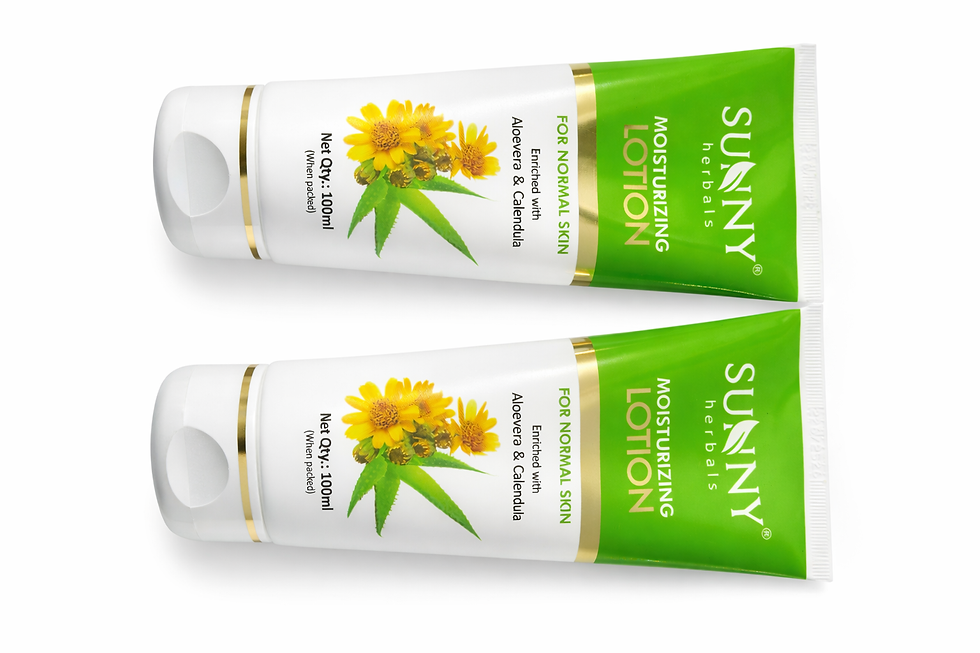Is That Weekend Drink Giving You More Than a Buzz? Understanding Alcohol and Cancer Risk
- Dr. S.K. Khare BHMS

- Sep 22, 2024
- 2 min read
Uncorking a Hidden Danger: Alcohol and Increased Cancer Risk
Many of us are aware of the dangers of smoking and cancer. But what about alcohol? A recent report from the American Association for Cancer Research (AARC) highlights a concerning trend: a lack of public awareness about the link between alcohol consumption and cancer.
Key takeaways:
Over half of the population is unaware that alcohol increases cancer risk.
Alcohol is linked to 5.4% of cancers in the US, roughly 1 in 18 cases.
The report calls for increased public awareness through cancer warning labels on alcoholic beverages.
Cancer Rates on the Decline, But a Worrying Trend Emerges
While overall cancer death rates have thankfully declined in recent years, a concerning trend is emerging. Rates of certain cancers, including breast, colorectal, and cervical cancers, are actually increasing, even among younger adults.
The exact cause for this rise is unclear, but researchers point to lifestyle choices as a key factor. This includes factors like tobacco use, diet, and physical activity.
Alcohol: A Widespread Yet Underestimated Risk Factor
Alcohol consumption is a major lifestyle risk factor for cancer, yet it doesn't carry the same level of social stigma as smoking. While smoking accounts for about 20% of cancers in the US, alcohol contributes to a significant 5.4%.
Why We Need to Talk About Alcohol and Cancer
The report by the AARC highlights a critical issue: public awareness about the link between alcohol and cancer remains alarmingly low. Over half of the population is unaware of this risk.
There are likely several reasons for this lack of awareness. Myths about the health benefits of alcohol, such as the supposed heart benefits of red wine, contribute to the confusion.
How Does Alcohol Increase Cancer Risk?
There are two primary ways alcohol increases cancer risk:
DNA Damage: During digestion, alcohol can damage your body's DNA, potentially leading to cancer cell development.
Gut Health Disruption: Alcohol can disrupt the essential bacteria in your gut, which some research suggests can increase the risk of colorectal cancer.
The Bottom Line: Awareness is Key
While an occasional drink likely won't pose a major threat, the lack of awareness is a serious concern. The AARC suggests implementing cancer warning labels on alcoholic beverages, similar to those found on tobacco products.
By raising awareness, we can empower people to make informed choices about their health.
Looking for More Information?
American Cancer Society: https://www.cancer.org/cancer/risk-prevention/diet-physical-activity/alcohol-use-and-cancer.html


























Comments